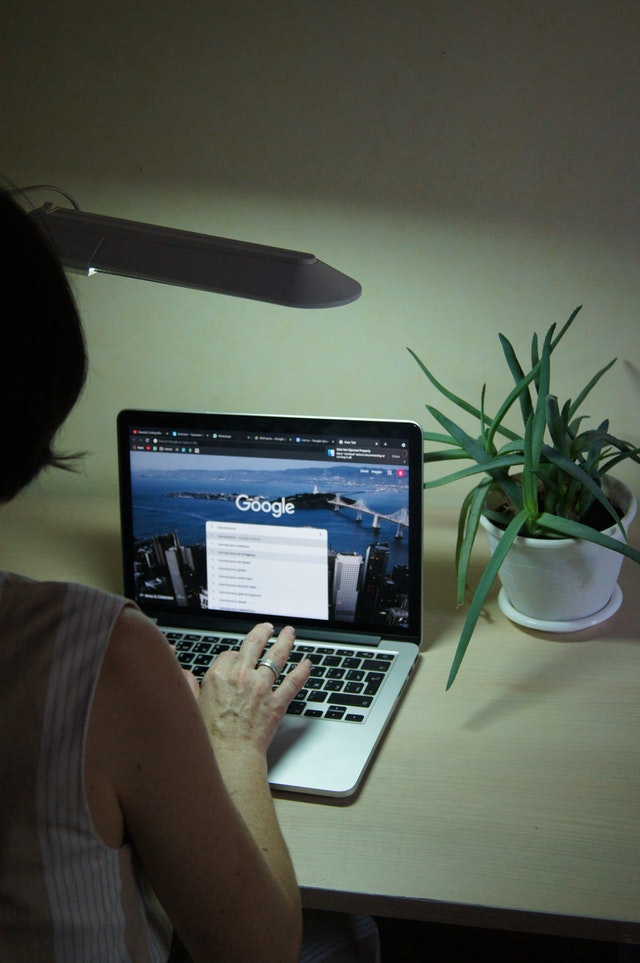A high-ranking website? Yes, please!
But what if you’re hit with a Google penalty that’ll turn your webmaster dreams into a nightmare. Google penalties can affect any website that fails to follow Google guidelines.
In addition, algorithmic penalties are caused by Google Panda or Penguin, while manual penalties can also reduce your website traffic significantly. As a result, you’ll be rushing to a Google Penalty Recovery Service or scratching your head to find a way out of trouble yourself.
Here are five different manual penalties you can learn to keep your website from getting Google penalties.

Unnatural Links
Unnatural links suffer from penalties in two different situations:
- When your site hosts unnatural, deceptive, or artificial outbound links.
- When deceptive or unnatural links are pointed at your website.
These manual penalties correspond with the Penguin update by Google that hunts down bad links used for manipulating rankings. So if you’ve paid for links on your website, brace yourself for this penalty.
To improve your site rankings, you need to remove every paid link, comment links from spammy forums, etc. In addition, if you struggle to get the job done, you may take help of technology experts from a Google Penalty Recovery Service.
User-Generated Spam
If your users are spammers, then you may have this Google penalty. No matter, who creates the mess, Google may like you to clean it up. So, if you have a website with guestbook pages, forum pages, comment pages, or other areas where users can spam, you must check it out. In addition, WordPress users can take assistance from several plugins designed to filter spam comments. This will leave you with less spam to clean up on your online site.
Hacked Site
You may have to deal with the hacked site penalty when your website gets hacked by spammers. A major explanation for this is SEO spam. Therefore, Google may require you to manage the issue to make your website safe for your users. Moreover, Google may label your website as a Pure Spam site which can eat up all your traffic. So, a good way to avoid this penalty is to protect your website from hacking as much as possible.

Sneaky Redirects or Cloaking
This penalty can indicate two things:
- Cloaking: You’re not displaying the same content types to Google Bot and your human users.
- Sneaky Redirects: Google indexed pages that direct users to content not in line with their search intention.
Thin Content
Shallow, duplicate, thin content, or any other form of undesirable content can cause a Google penalty. The penalty may affect your website when Google does not find your content as high-quality or original content.
Auto-generated content
Relying on AI for unique content is never a good idea since Google may count auto-generated content as thin content. This can include spinning content, auto-translated texts, and text created from scraping the RSS feeds. Try following these suggestions that may help to solve your problem:
- Delete your content
- Improvise it
- Remove it from search result pages with no index meta tags.
When you’re all set up and have cleaned all thin content, you may request Google to reconsider your site.




